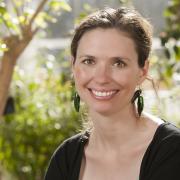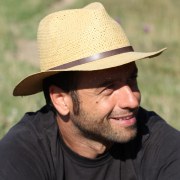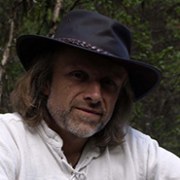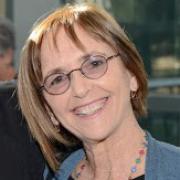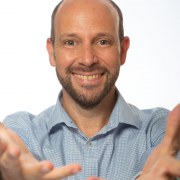Fantasy characters as science mediators
Find this session's presentations here.
There is an increasing demand on museums and science centres to attract more visitors. But not all type of visitors may be approached in the same way. They can be divided into several groups; John Falk divides them into five: Explorers, Facilitators, Professional/Hobbyists, Experience Seekers and Rechargers. In addition they can visit the museum with or without children and finally there are school classes of various levels of experience in science. They may all be attracted and approached by various means.
Knowledge is often learned by linking the theme or subject to a story. This panel session will focus on means to attract groups with children, via a storytelling offer using imaginary universes and figures that children can relate to. Are there any traps to be concerned about or does our main goal to increase the knowledge of our young visitors permit us to use cartoon-like creatures to facilitate the science learning process?
Facilitator
Head of education and public engagement
http://snm.ku.dk/english/
Session speakers
Daniele di Domenico will present a project made for Svalbard, in the High Arctic, on the use of animated characters in promoting the 10 rules of right behavior in Arctic nature.
Senior Scientist, Collection and Exhibition manager
Thomas B. Berg will present plans for using an audio visual imaginary universe in a Natural History Museum with the aim to attract young visitors and their interest for natural history and increase their understanding of links and processes in nature.
Chemistry Teacher and Trainer
Katzir High School and Weizmann Institute of Science
Malka Yayon and Ran Peleg will be talking about inquiry activities that incorporate storytelling and drama. In the framework of the EU funded TEMI project (at the Weizmann Institute of Science) they developed activities and methodologies which begin with a story to spark and maintain engagement of students in inquiry activities. They also developed methodologies that can be used to train guides and teachers in using storytelling.
Lecturer in Science Education
University of Southampton
In addition to discussing the TEMI project, Ran Peleg will be talking about research conducted on fictional characters in science museum theatre and children's perception of and learning from these characters.

